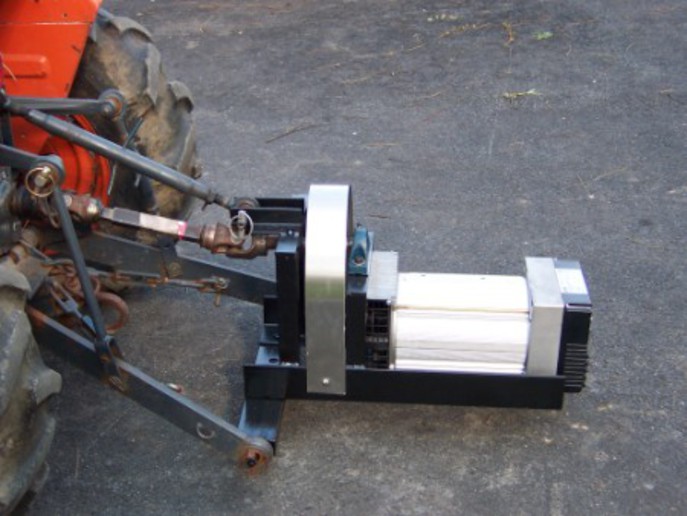(quoted from post at 05:29:35 10/13/12) Not true. Many smaller generators do not make power that will run sensitive electronics, battery chargers, etc. This is common knowledge in the solar-electric industry. That because anybody living with solar off the grid must use backup generators to charge battery banks when the sun isn"t around. Years back it was just a battery charger issue. But now - there are home furnaces, washing machines, driers, smoke alarms, etc. that will not work off of many portable generators.
The general "rule-of-thumb" is a portable AC generator will not make perfect power. A portable DC-to-AC generator will, and most larger permanent mount generators will.
Like I said - this is common knowledge among those that work with this stuff. One common "fix" for smaller generators is to use pricey step-up transformers - but they are rarely worth the cost and do not always do the job.
I have posted this before and I'm stilled puzzled, and it's been a while so I'll post/ask again.
One summer day we lost our power and I learned that it was going to be off for 2 or 3 days. So I got our '03 motor home with a 4000 watt Onan generator out.
I wanted to run 3 things. 1- our medium sized freezer/refrigerator, 2- the 1/3 hp. 120 volt well/water pump, 3- the water heater, that is a gun fired LP, it uses very little electricity, just a small combustion fan and the 24 volt gas valve.
I opened the breaker panel and removed the wires for the water pump and refrigerator each off their breakers, and tailed them out and put the tail on a male cord cap. And brought a neutral wire from the neutral bar to the cord cap, and plugged them into a cord straight from the generator. Both the water pump and refrigerator started and were running. I then went to the shop to get a short extension cord to reach the water heater. When I got back with the cord the water pump had come up to pressure and shut off, the refrigerator was still running. I plugged the water heater in and the generator shut down.
The generator would run the pump and refrigerator, or the pump and water heater, together but NOT the refrigerator and water heater together. Why ?
I even tried reversing the hot and neutral on the water heater it does not matter which is hot and which is neutral, but they still would not run together.
The water pump is plumped with plastic pipe.
The water heater has copper pipe run under ground to the LP tank.
A year or two years later the refrigerator quit.
I've wondered if maybe the refrigerator had a leak to ground and drained to ground through the LP copper line, and the generator sensed it ?
Any other theories ?
Dusty


